You can trust Louder
“It was recorded in 1973, and it’s still ahead of its time,” states vocalist Stella Vander at the end of the applause for Magma’s concert opener, the 35-minute Köhntarkösz. Its dramatically punctuated succession of vocal incantations, dazzling ensemble playing and thrilling, gear shifting climaxes had the Prog contingent – this writer included – literally on the edge of our seats.
She’s right, of course. Magma have always been the most singular of groups and their music, most of it composed by drummer and occasional vocalist, Christian Vander, is constructed from the most disparate of elements.
Stella and co-female singer Isabelle Feuillebois’ vocal lines carry a bizarre mix of The Swingle Singers’ 70s grooviness, the stern chorales of Carl Orff’s Carmina Burana and Philip Glass’ deployment of female voices singing mesmeric motifs and passages of tongue-twisting syllables on compositions like Einstein On The Beach. Male singer Hervé Aknin’s rounded tenor offers dramatic contrast.
There is a touch of absurdity about the whole thing, of course, with the singers intoning in the made-up language of Kobaïan, but that only adds to the experience. And in the second piece, the even lengthier Mëkanïk Dëstruktïw Kömmandöh, one can clearly discern the fascinating logistics of Magma’s music, which, even when it errs towards the monotonous, is always changing. The vibes and Fender Rhodes might be holding down three chords or even one tolling chord to more mobile bass and guitar. Next time you look the bass might be gnawing away at two notes and vibes player hammering at double speed with the guitarist strumming frantically. Then the bass and Rhodes might be doubling with the singers or playing a counterpoint melody. And so it keeps mutating, and the way the ensemble can suddenly shift metre en masse with such grace is astonishing.
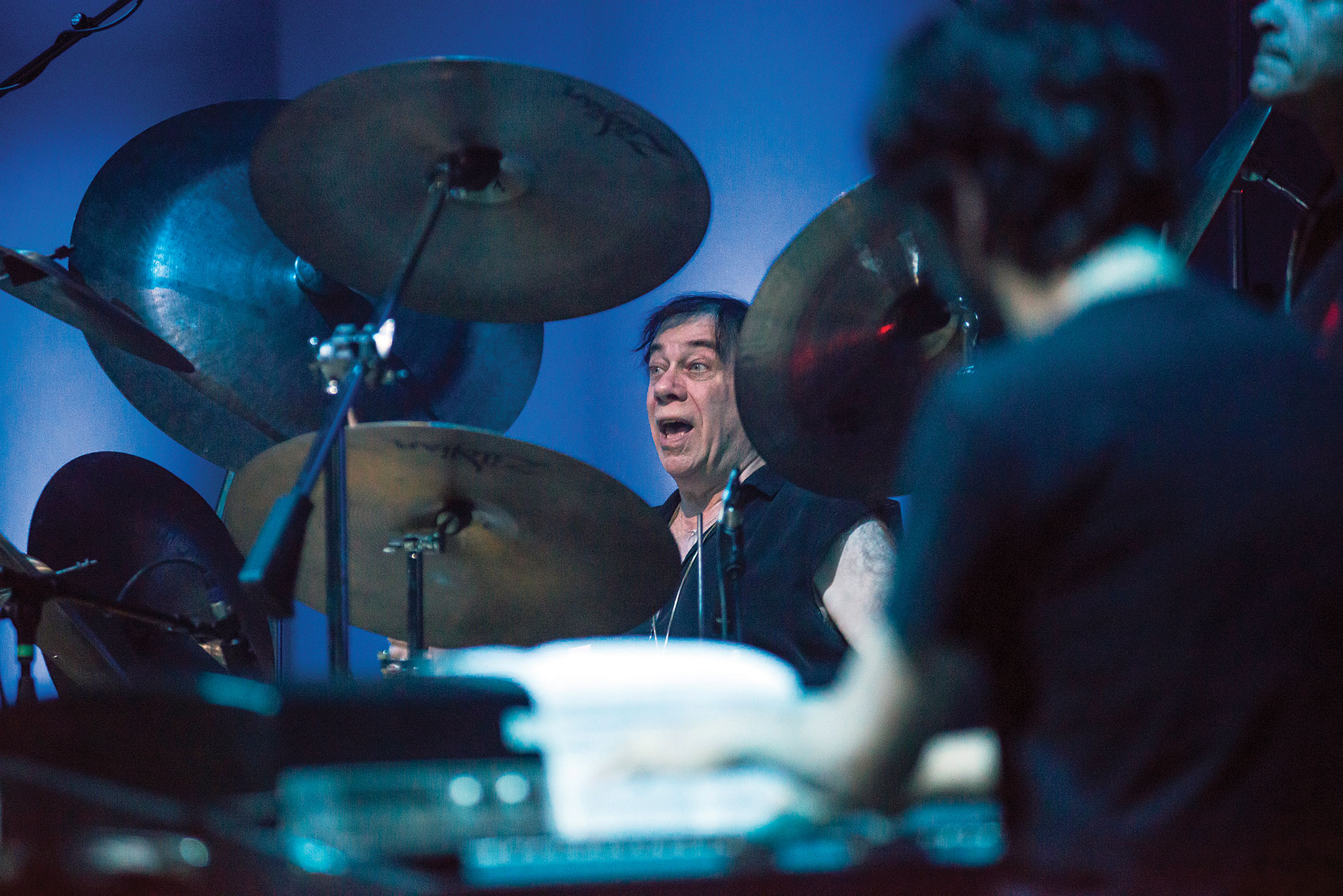
All this is stoked up by Christian Vander, who veers from jazzy swing to rock propulsion, punctuated by angular outbursts and rifle-like rimshots. There are some free sections, and he gets up to sing some Coltrane-derived scat. This prompts a lengthy standing ovation within the set, the first time this writer has ever witnessed such a thing.
The title track of an EP released this year, Slag Tanz, is more dynamic still and heavier, with its ominous mix of piano chords and fuzz bass. They encore with another 70s song, Zombies, another masterclass in subtle arrangement. A vox pop afterwards with some seasoned Magma heads suggested it was among the best sets the group have played over here in 40 years. And while chatting afterwards with bass player Philippe Bussonnet, he put his fist to his chest and said, proudly, “We play from the heart.” Make every effort to see them next time they play here again.
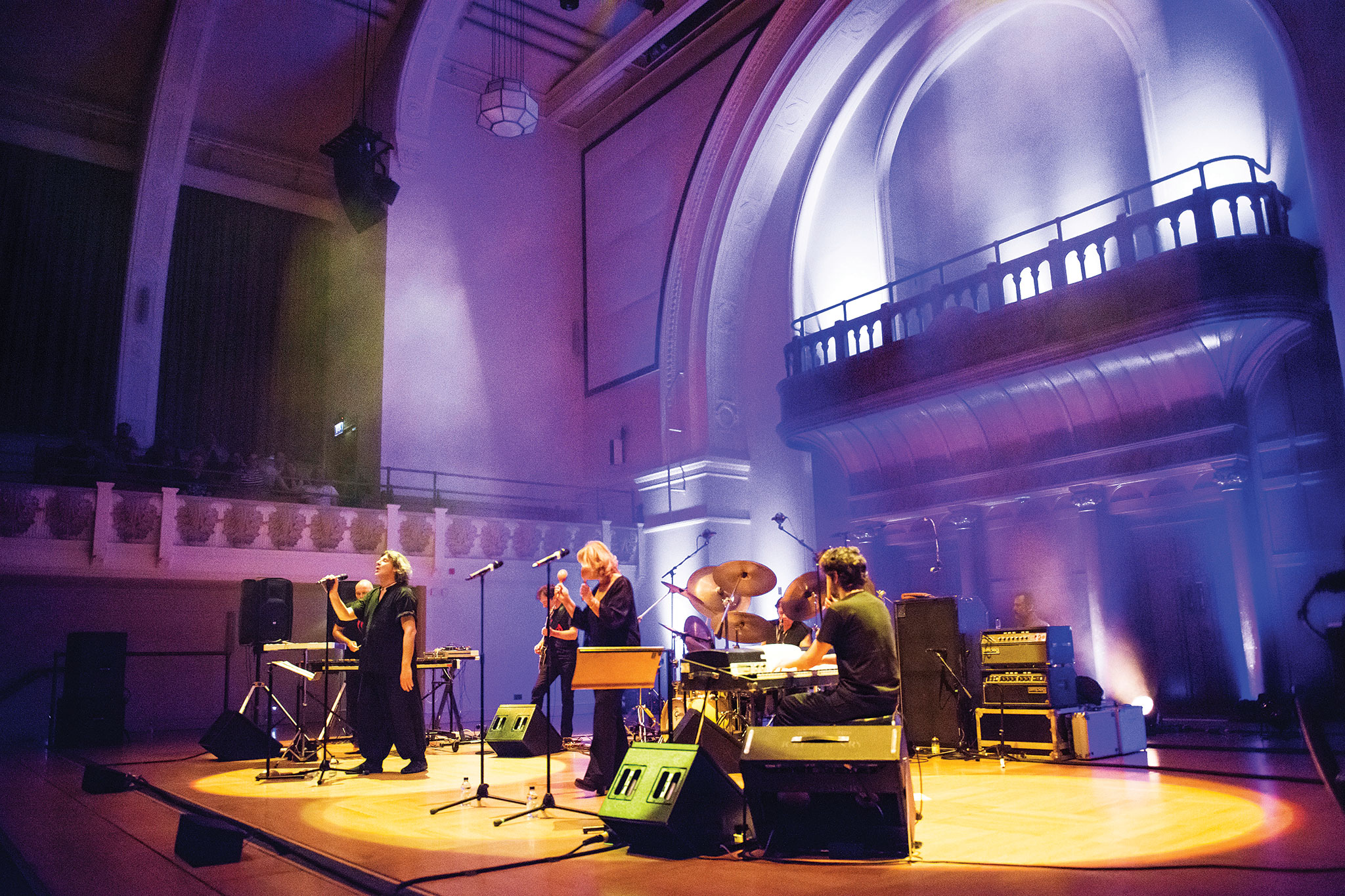
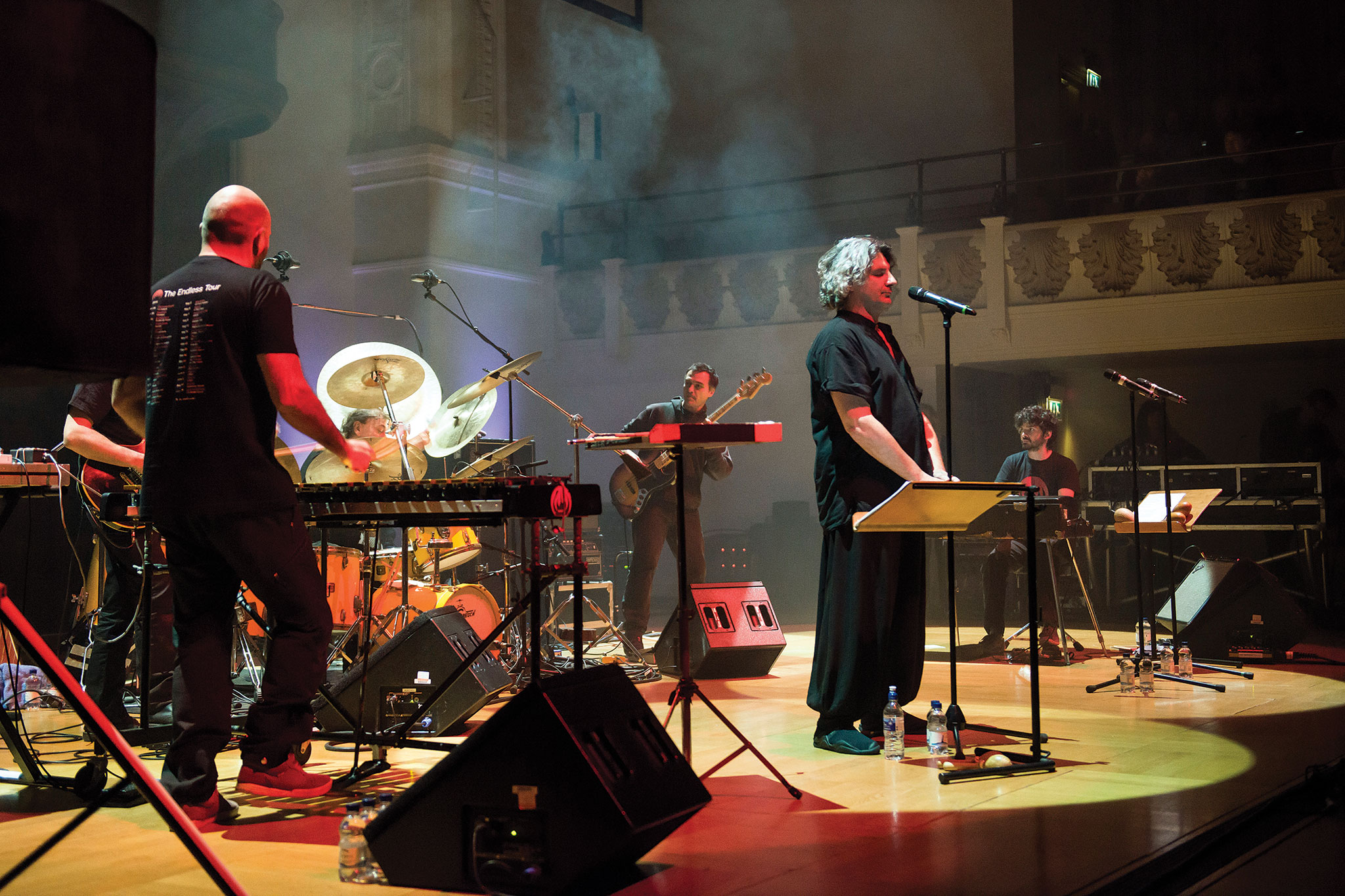
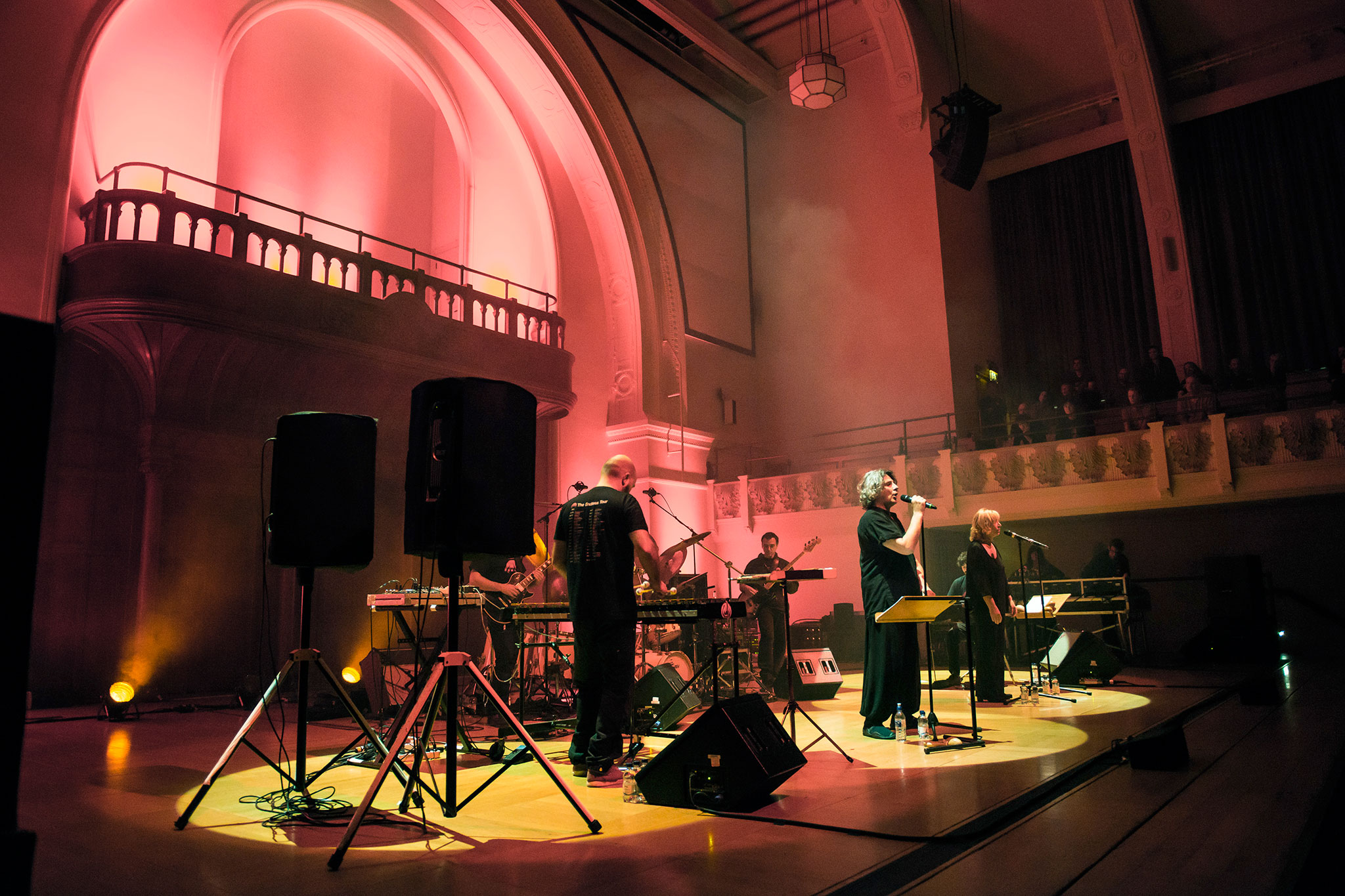
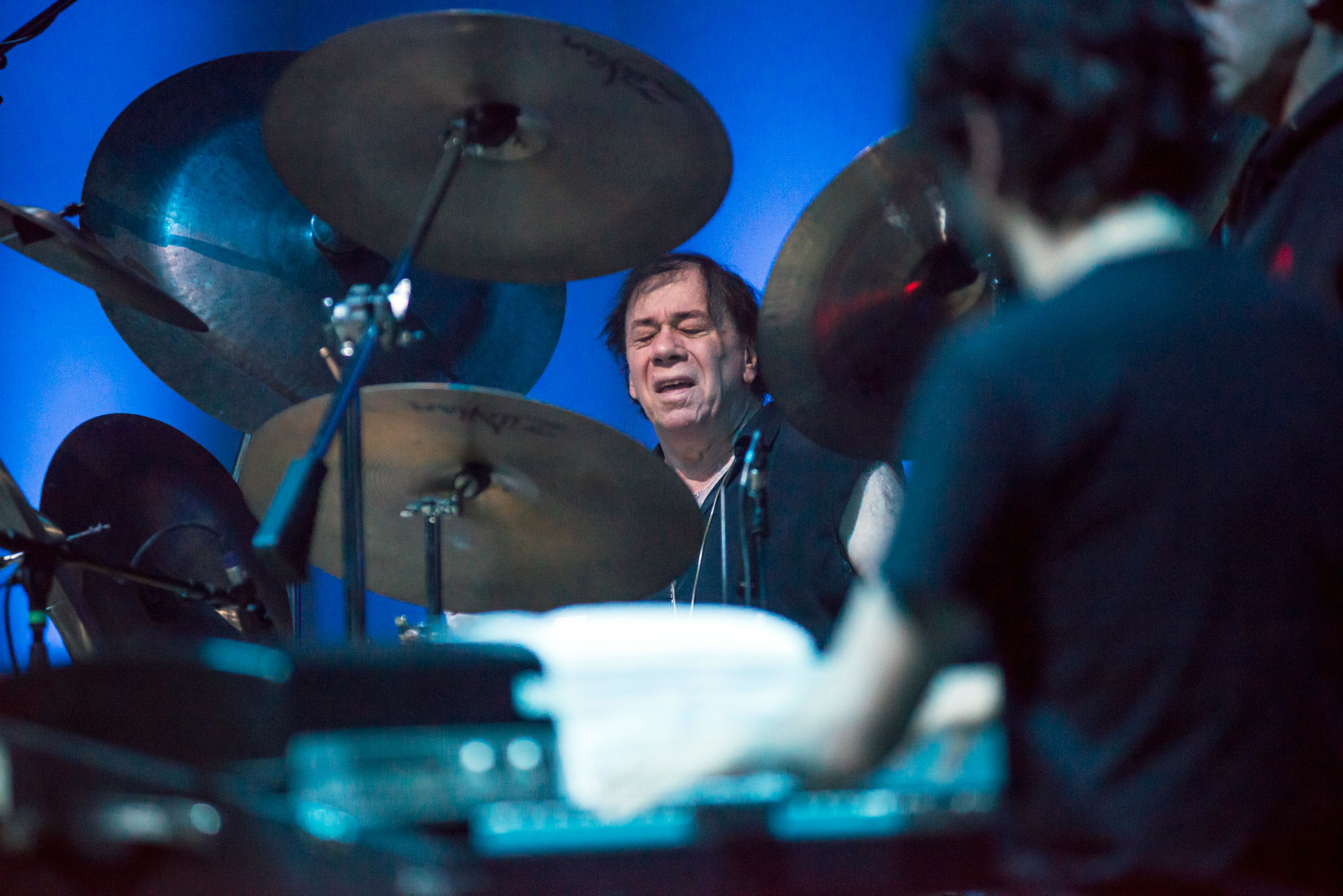

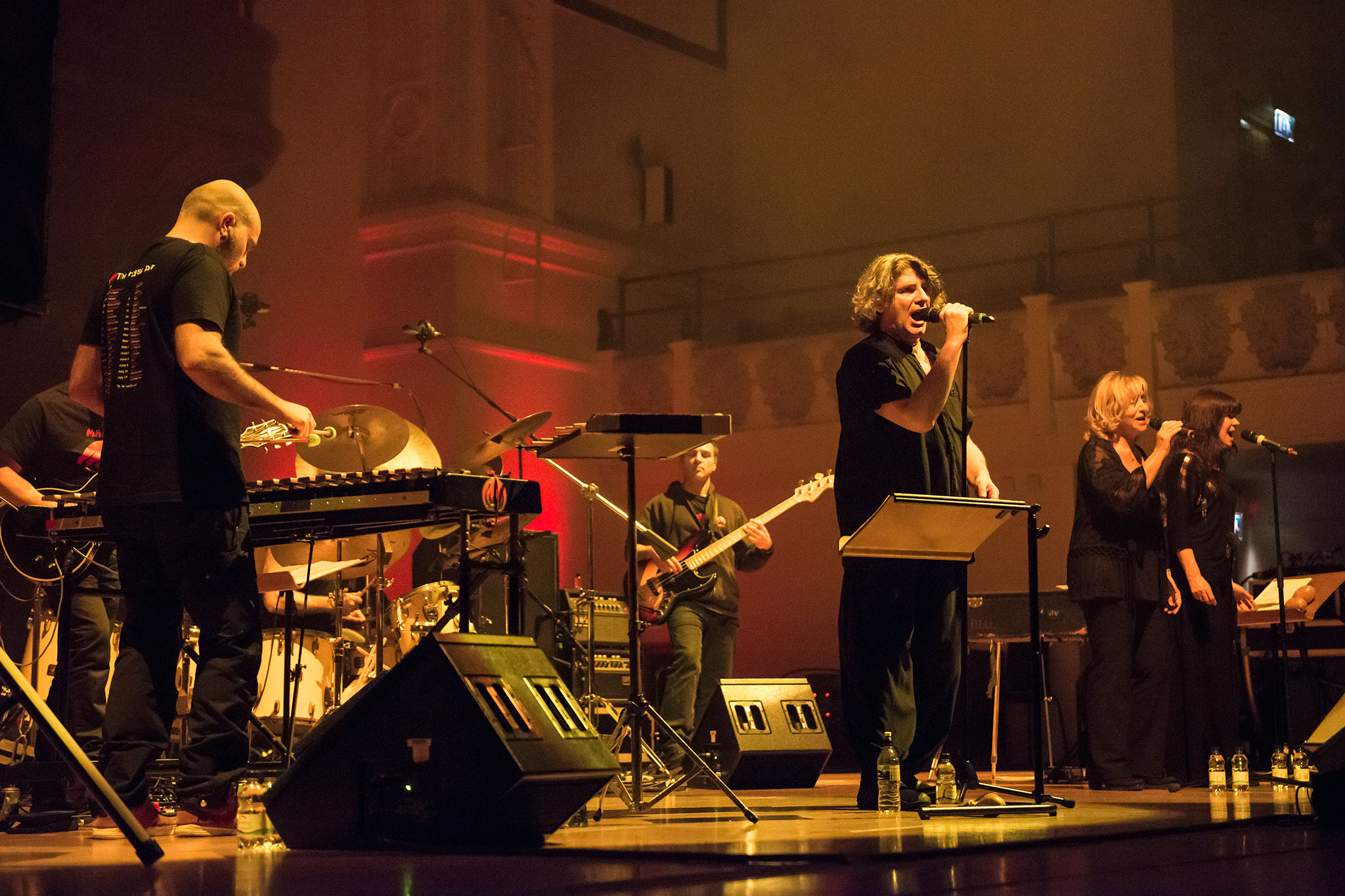
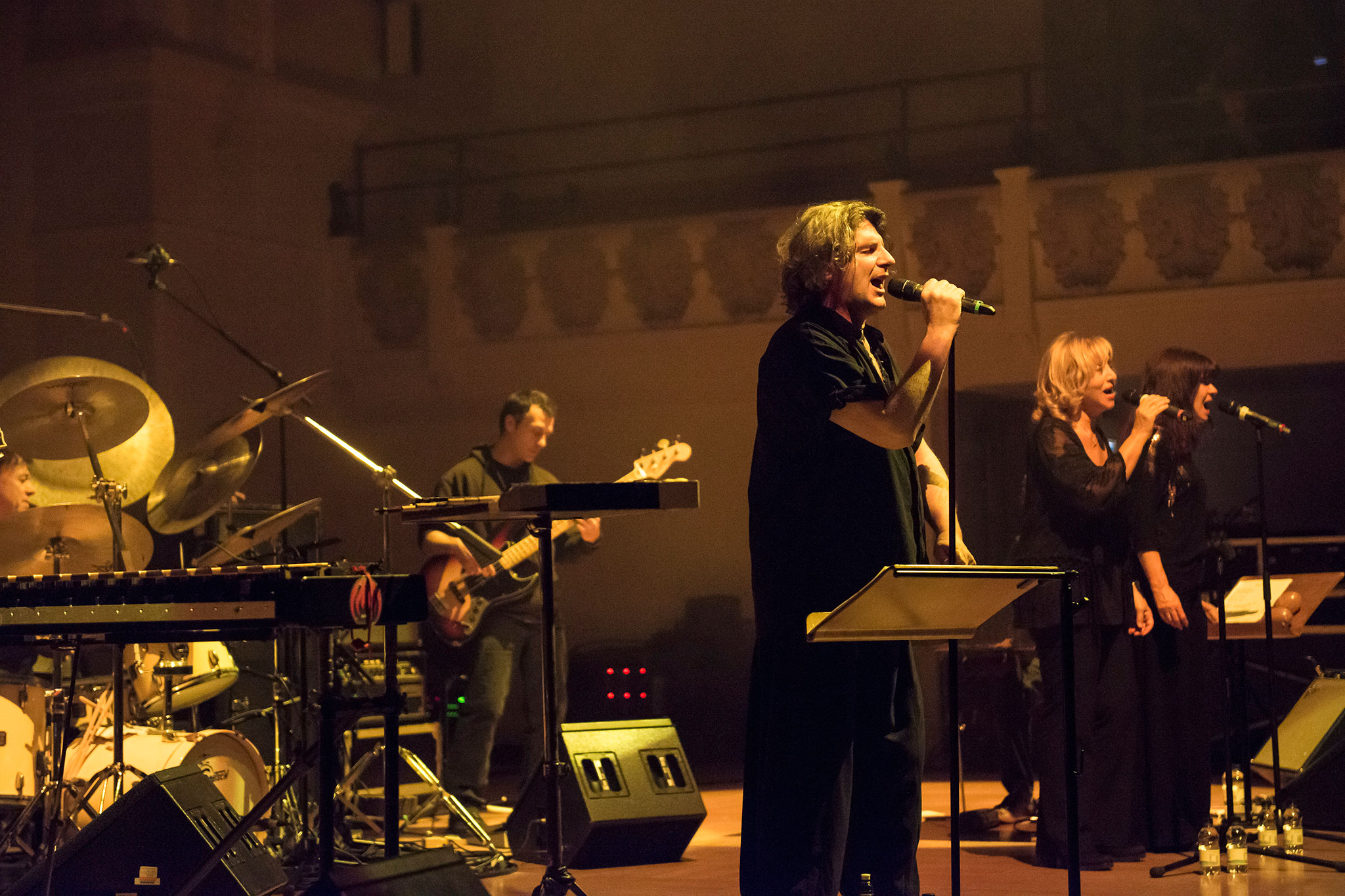
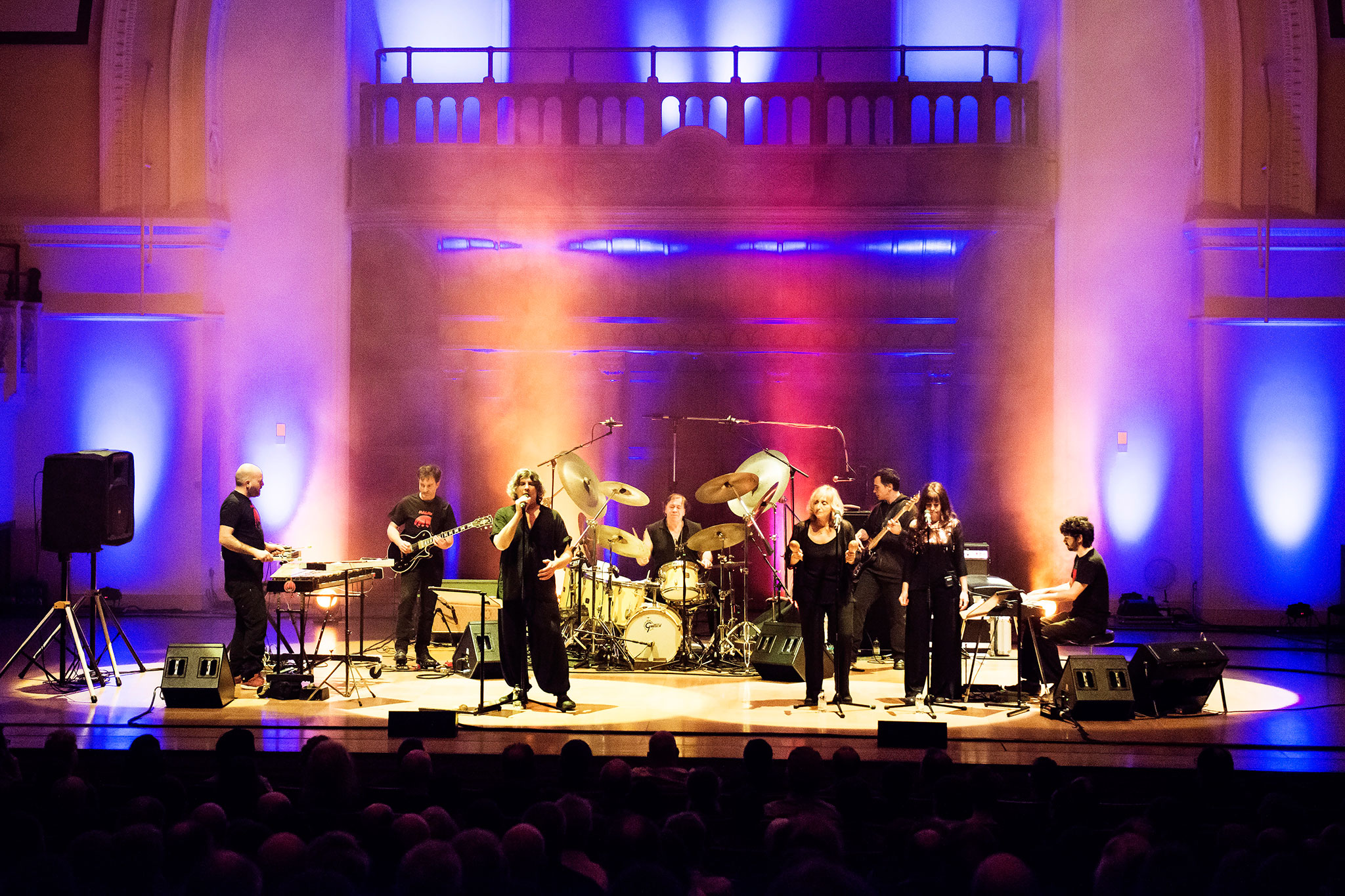
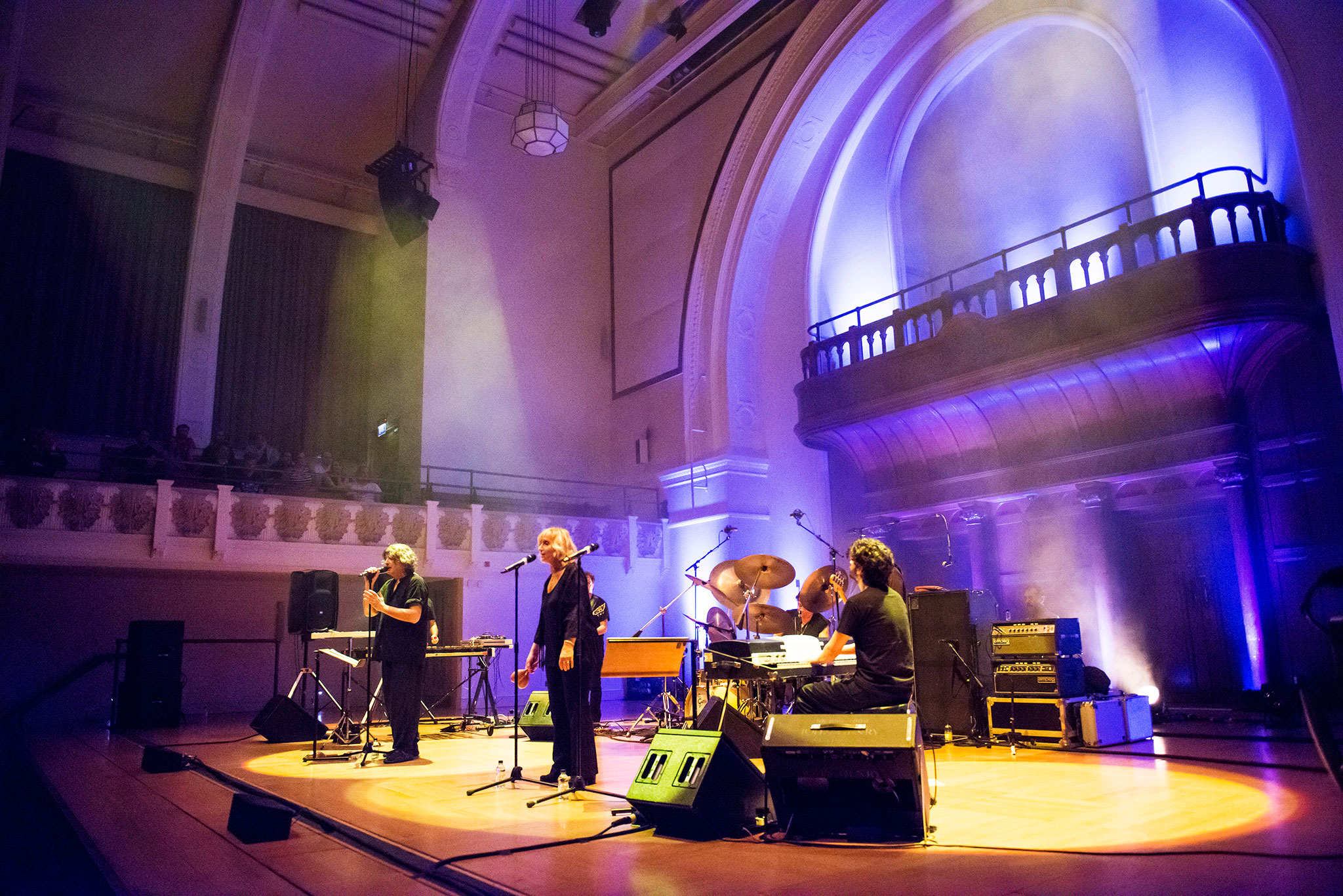
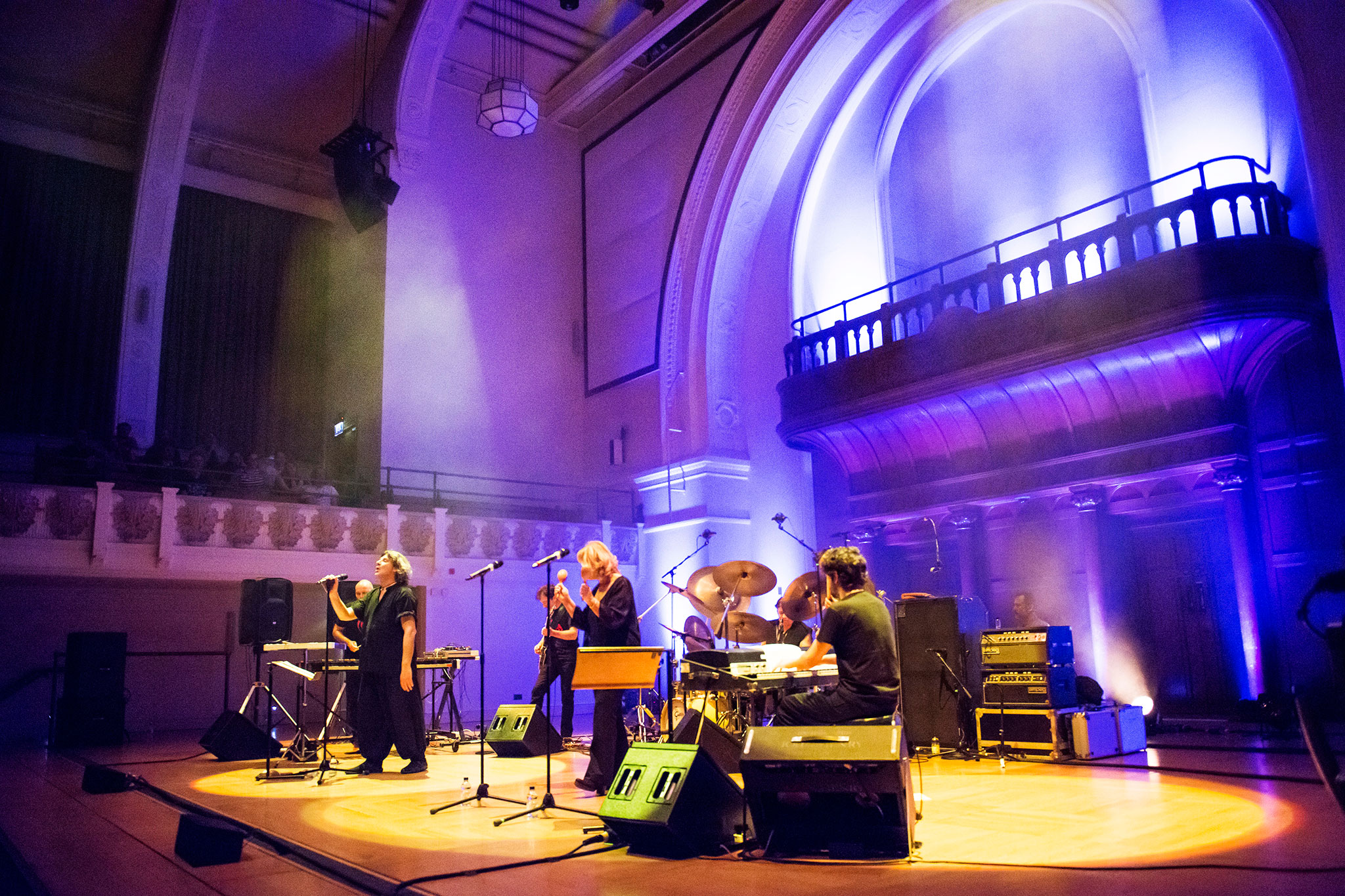
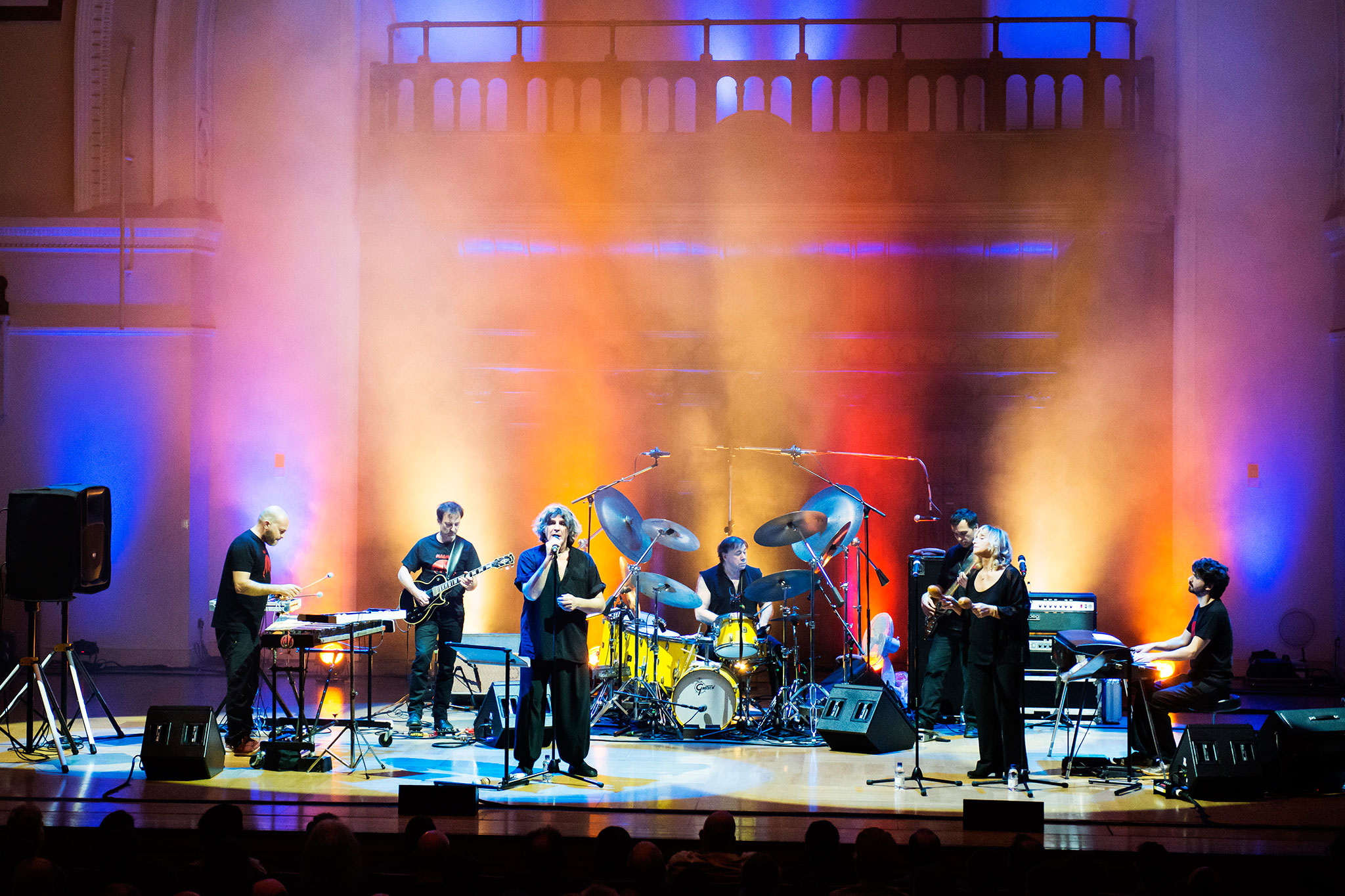
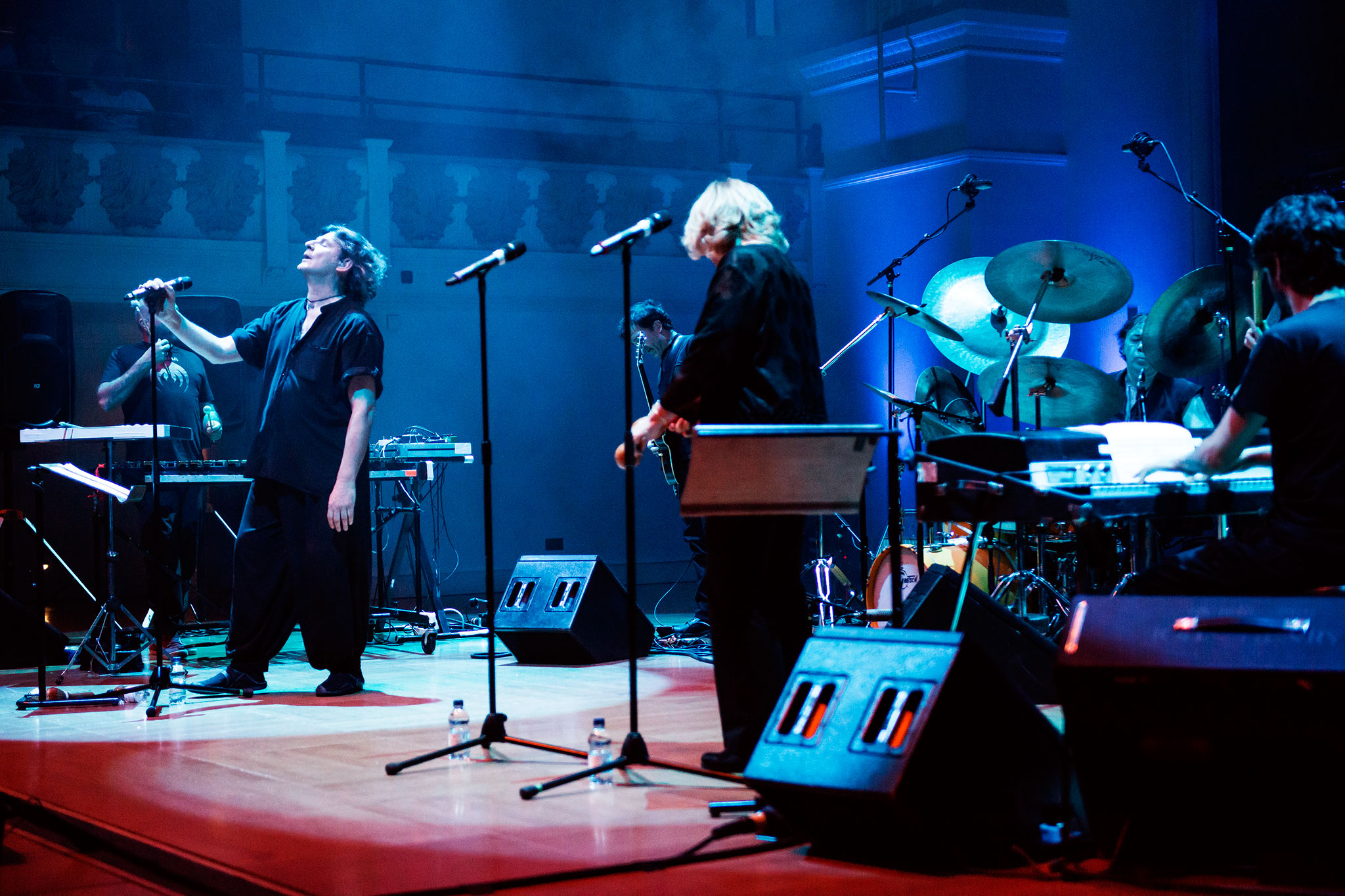
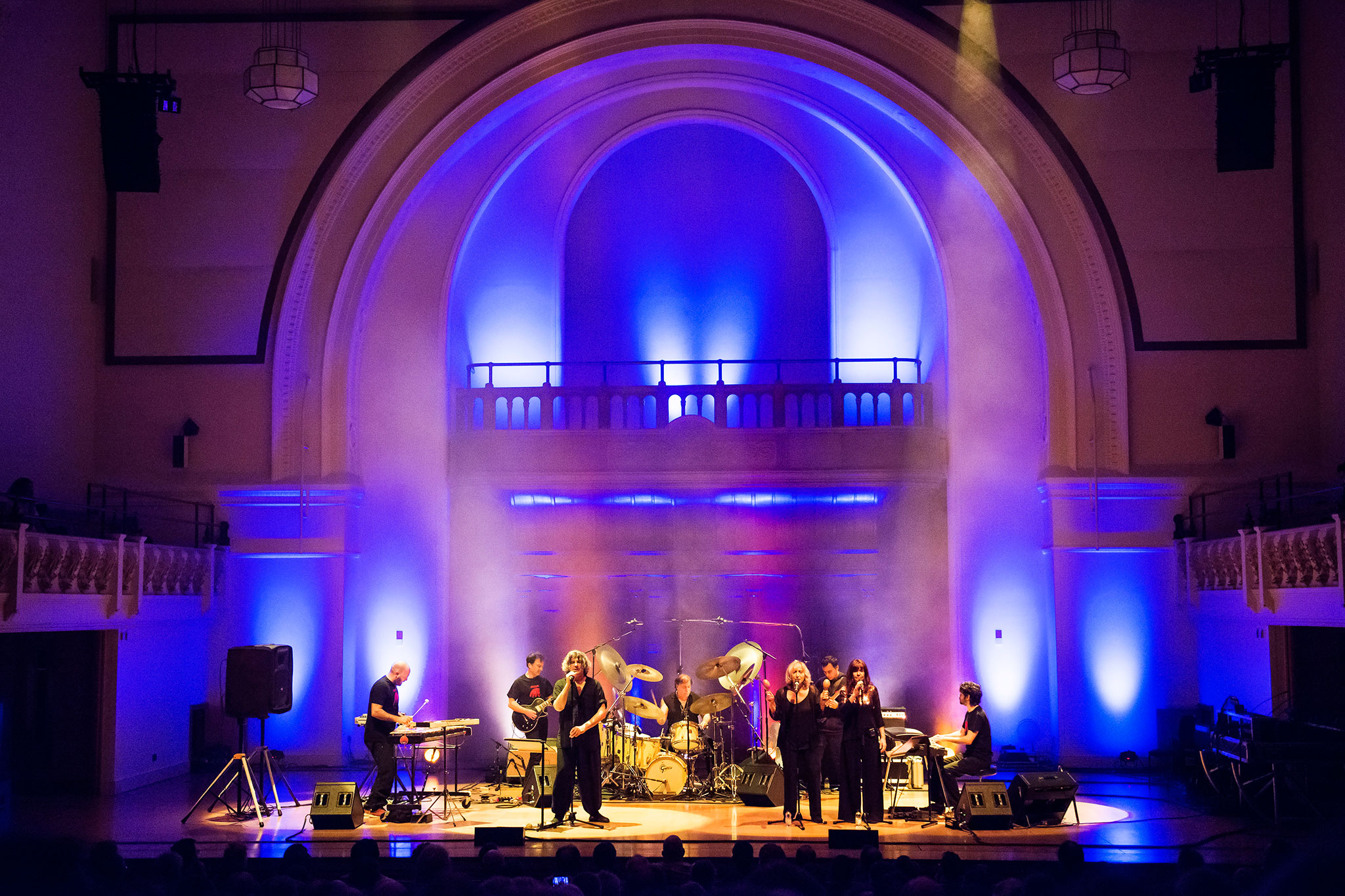
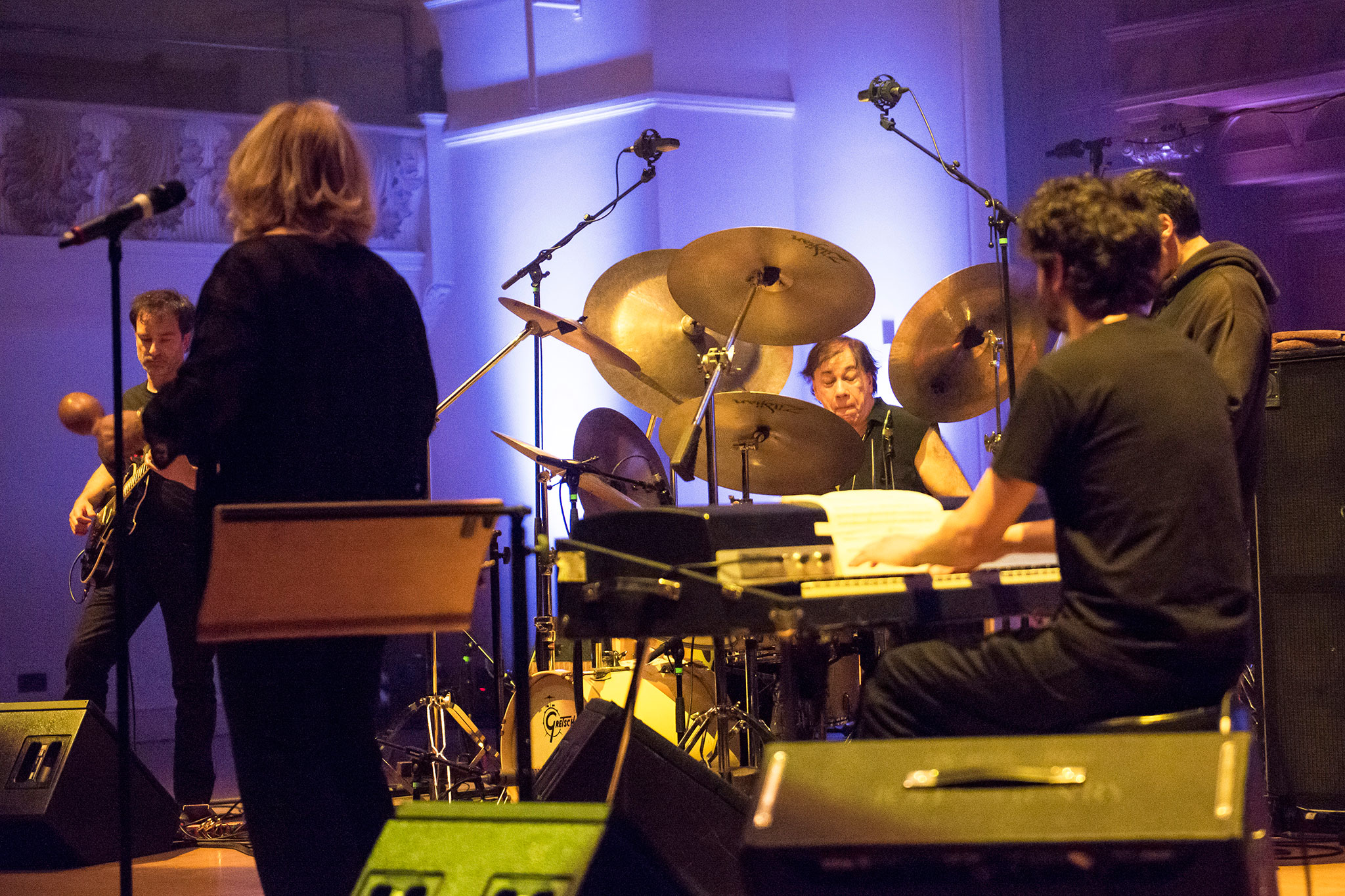
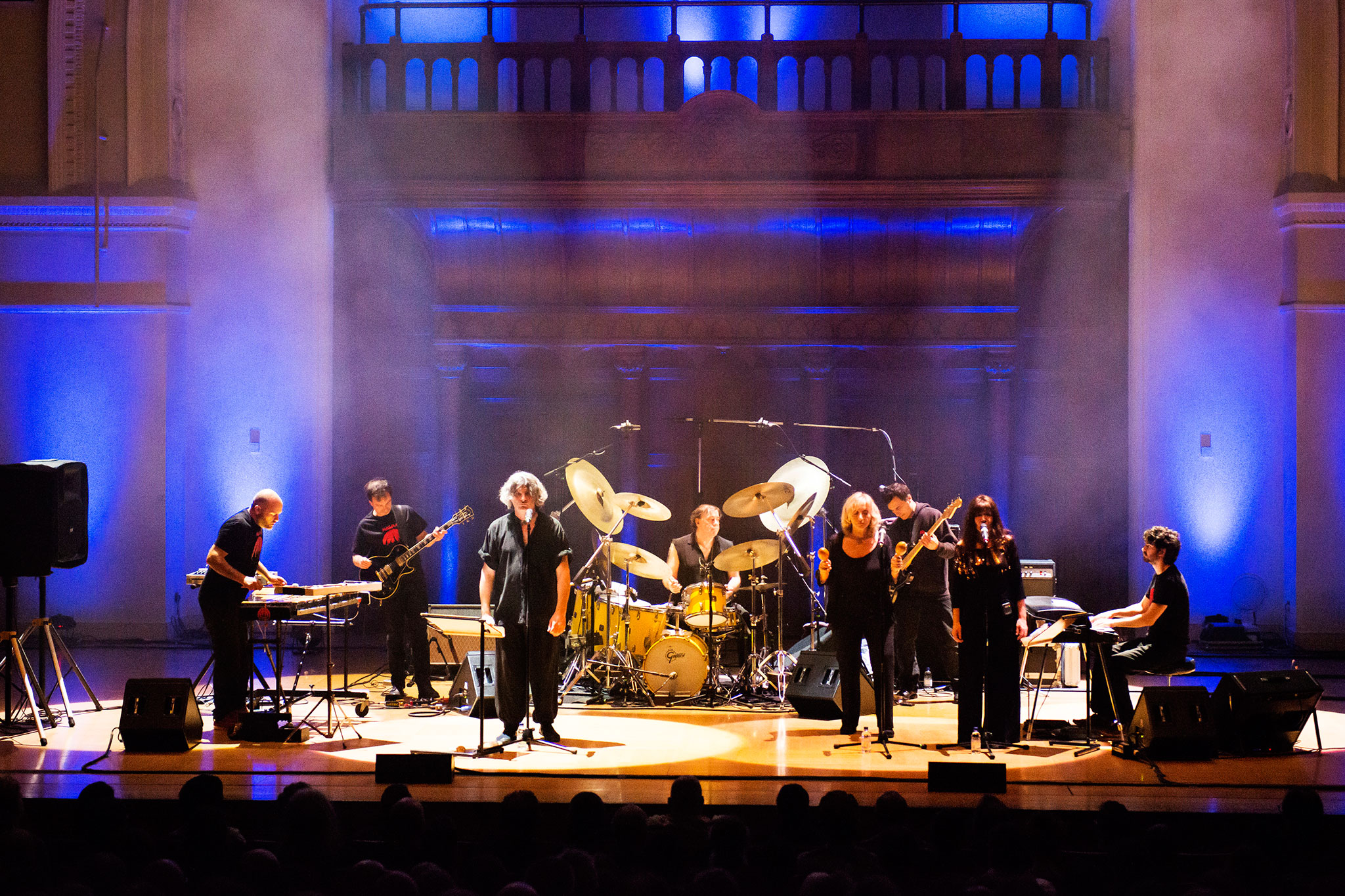
Sign up below to get the latest from Prog, plus exclusive special offers, direct to your inbox!
Mike Barnes is the author of Captain Beefheart - The Biography (Omnibus Press, 2011) and A New Day Yesterday: UK Progressive Rock & the 1970s (2020). He was a regular contributor to Select magazine and his work regularly appears in Prog, Mojo and Wire. He also plays the drums.


